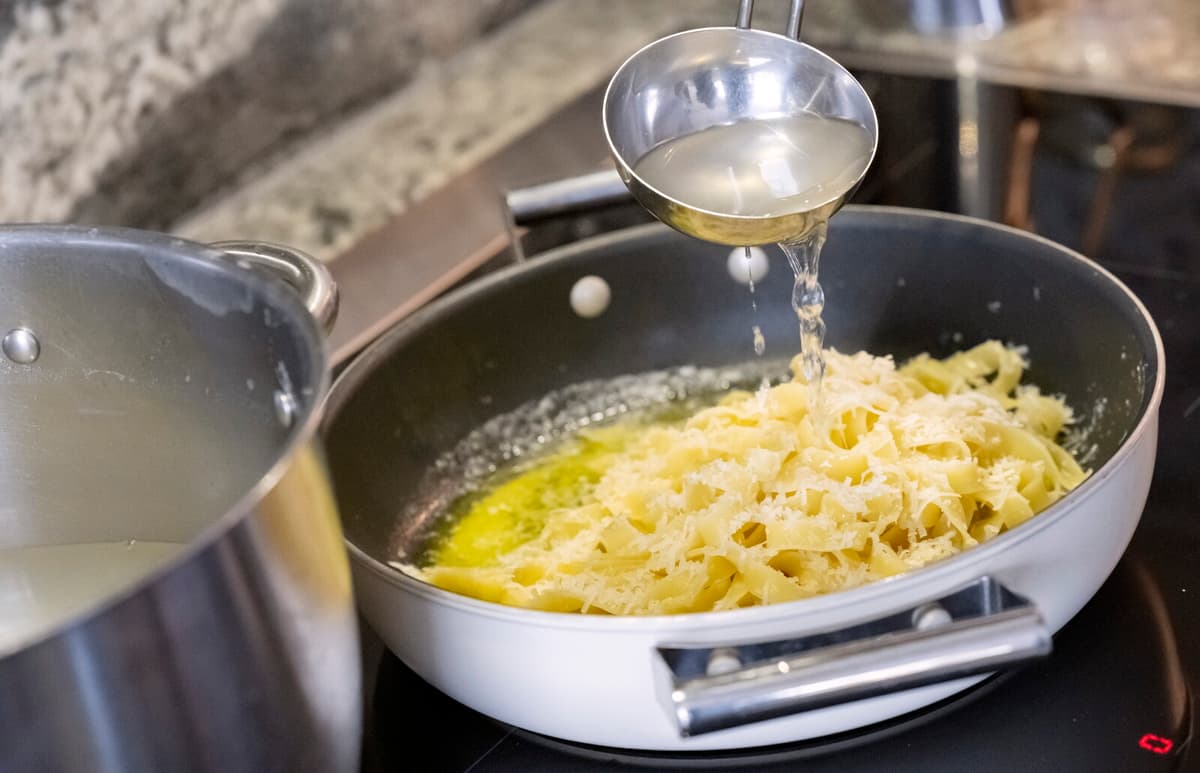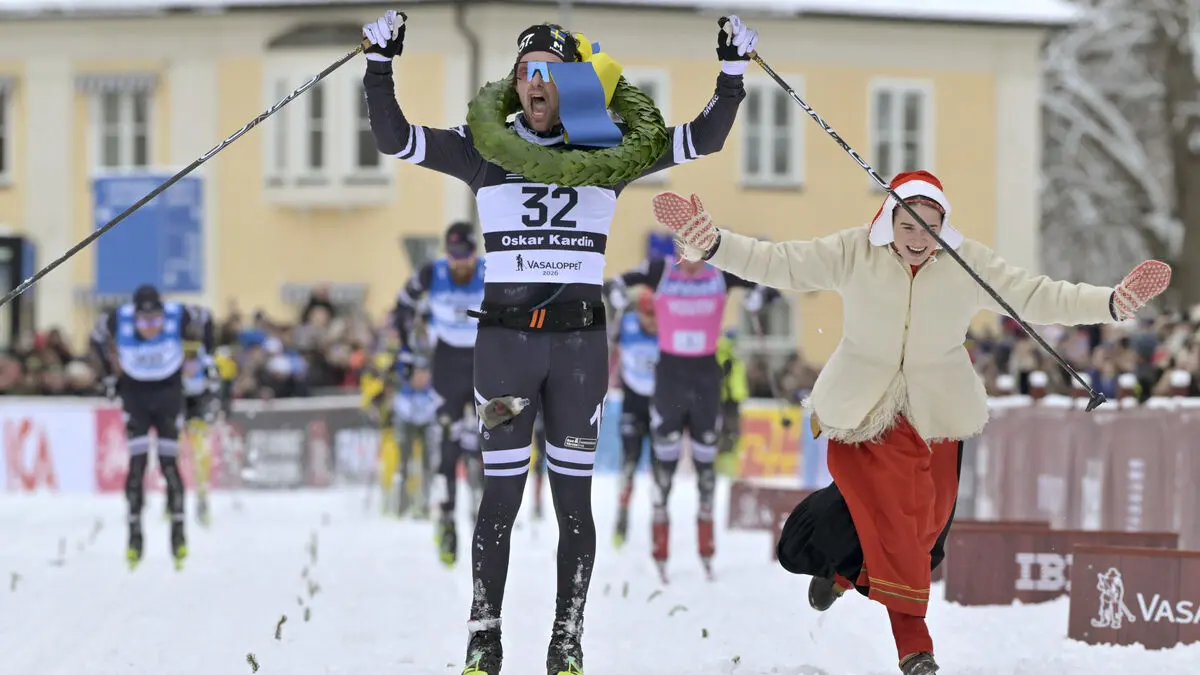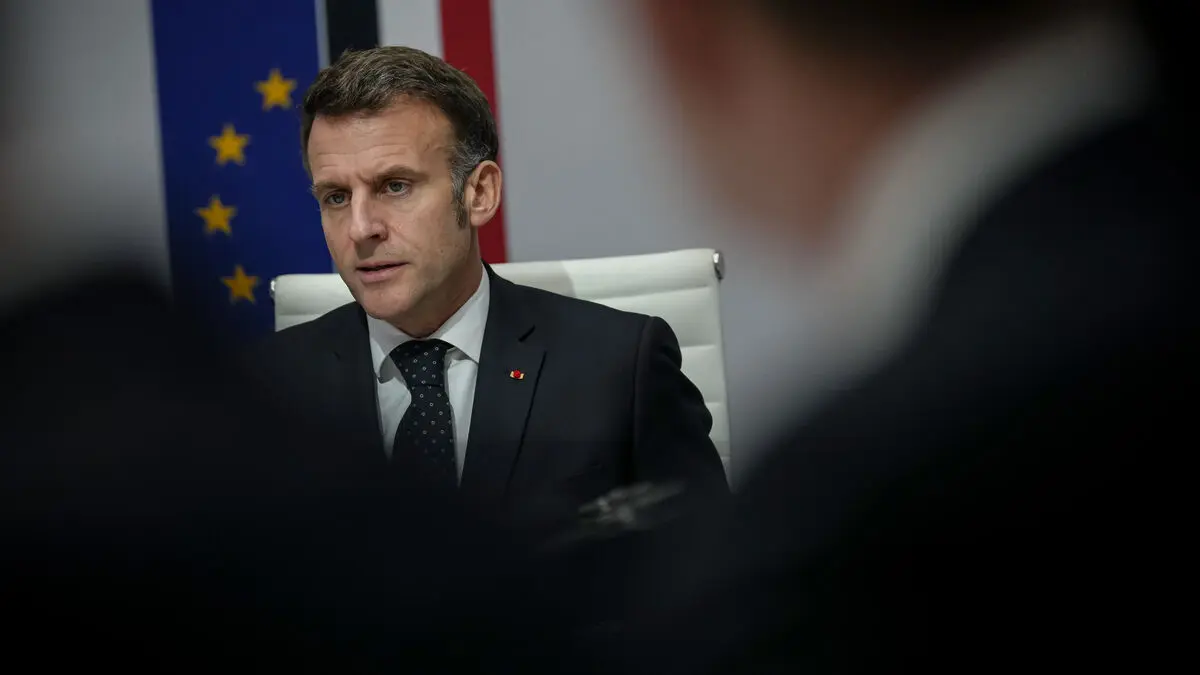A number of real Nobel laureates, including Swedish Svante Pääbo, were on hand as prize presenters when the Ig Nobel Prize was awarded for the 35th time.
This year's peace prize went to a research team from Germany, the Netherlands and the United Kingdom for the discovery that a shot of vodka improves language skills. Although the alcohol intake is not enough to make anyone speak fluently, it gives self-confidence a sufficient boost to converse coherently, the researchers note.
Drunk bats
Things are worse for bats that have been drinking. Horseshoe bats that had been given ethanol flew more slowly and their echolocation worked worse. Bats that had been partying on fermented fruit are at greater risk of flying into things, the researchers note, who were awarded this year's prize in the aviation category.
This year's biology prize went to Japanese researcher Tomoki Kojima and his research team for the ingenious idea of painting cows with black stripes - which turned out to significantly reduce insect bites.
And just when humanity had stopped arguing about how to make a perfect carbonara, an Italian research team delved into how to cook a perfect cacio e pepe without the sauce becoming grainy.
The researchers found that the key to the perfect sauce is the right amount of starch. Simply stir starch powder, 2-3 percent of the cheese mass, into the water until the water becomes clear and thickens.
"A recognition"
William Bean was posthumously awarded this year's literature prize for his documentation of how his nails grew over a 35-year period. The whole family was involved in the project, his son tells The Guardian.
He would have loved this and used it as an opportunity to write a perfect thank you speech. He would have said: "Finally - a recognition!"
This year's Ig Nobel Prize was a model of a human stomach where both sides of the stomach have human faces - a happy and an angry one. In previous years, the winners have also received 10,000 billion dollars of the worthless and extremely inflation-affected Zimbabwean dollar, but this year the organizers explained that due to inflation it had become too expensive. Instead, each winner received a wet wipe.
The prize was awarded at a ceremony at Boston University in the USA. The name Ig Nobel refers to both the Nobel Prize and the English "ignoble", which means approximately simple.
Corrected: In an earlier version, there was an incorrect statement about where the prize was awarded and about the prize amount.
Literature: The late Dr William B. Bean, who for 35 years persistently registered and analyzed the growth rate of one of his fingernails.
Psychology: Marcin Zajenkowski and Gilles Gignac, for having investigated what happens when you tell narcissists, or anyone, that they are intelligent.
Nutrition: Daniele Dendi, Gabriel H. Segniagbeto, Roger Meek and Luca Luiselli, for having studied the extent to which lizards of the species common agama choose to eat certain types of pizza. (No one wanted quattro stagioni.)
Pediatrics: Julie Mennella and Gary Beauchamp, for having studied how a breastfeeding child experiences its mother eating garlic.
Biology: Tomoki Kojima, et al., for their experiments to determine if cows painted with zebra stripes can avoid being bitten by flies.
Chemistry: Rotem Naftalovich, Daniel Naftalovich and Frank Greenway, for experiments to test whether ingestion of Teflon is a good way to increase food volume and thus satiety without increasing calorie content.
Peace: Fritz Renner, Inge Kersbergen, Matt Field and Jessica Werthmann for having shown that alcohol consumption sometimes improves a person's ability to speak a foreign language.
Engineering design: Vikash Kumar and Sarthak Mittal, for having analyzed from a technical design perspective how smelly shoes affect the positive experience of using a shoe rack.
Aviation: Francisco Sánchez, Mariana Melcón, Carmi Korine and Berry Pinshow, for having investigated whether alcohol consumption can impair bats' flying ability and their ability to echolocate.
Physics: Giacomo Bartolucci et al. for discoveries about the physics of pasta sauce, particularly the phase transition that can lead to lump formation, which can be a cause of discomfort.
Source: Ig Nobel






